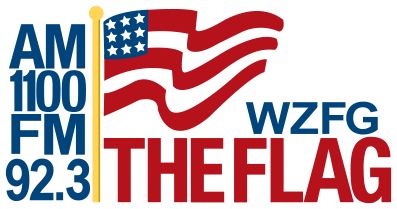Senator John Hoeven today issued the following statement after General Atomics announced that it would conduct the first-ever trans-Atlantic flight of a medium-altitude, long-endurance (MALE) unmanned aircraft from its facility at the Grand Sky Unmanned Aerial Systems (UAS) Technology Park in Grand Forks to Royal Air Force (RAF) Fairford in Gloucestershire, United Kingdom. The aircraft, an MQ-9B Predator, is traveling to the U.K. in commemoration of the RAF’s centenary celebration and will be on display at the Royal International Air Tattoo (RIAT) airshow.
“This trans-Atlantic flight is a fitting achievement for our tech park, as General Atomics trains U.K. pilots in their Grand Sky facility,” Hoeven said. “Milestones like this are made possible because of our state’s central geography and our unique convergence of public, private and military unmanned aircraft operations. Grand Sky and our entire UAS ecosystem remains on the cutting-edge of this exciting industry, and General Atomics’ trans-Atlantic flight will help to clearly demonstrate this. We will continue working to grow our UAS capabilities and realize the future of this technology, including the beginning of flights beyond visual line of sight at all altitudes in North Dakota airspace.”
Hoeven continues his efforts to reinforce North Dakota’s role as a leader in the UAS industry and leverage this technology to improve national security, especially along the northern border. To this end, the senator is advocating for the administration to utilize Grand Forks’ UAS facilities and expertise to improve border security, develop counter-UAS technologies and address the pilot shortage, both for manned and unmanned aircraft. Hoeven is working with Department of Homeland Security (DHS) Secretary Kirstjen Nielsen on a timeline for her to visit Grand Forks this summer, which would allow her to see the extensive UAS operations in the region.
Hoeven also joined Transportation Secretary Elaine Chao last month to announce that North Dakota was selected as one of ten sites to participate in the Federal Aviation Administration’s (FAA) UAS integration pilot program. As part of this program, the North Dakota test site and the state’s UAS industry will be at the forefront of establishing the safe operation of unmanned aircraft in the national airspace (NAS), providing regulatory certainty for UAS operators and ensuring privacy concerns are addressed.
These efforts dovetail with bipartisan legislation Hoeven recently helped introduce, the Preventing Emerging Threats Act of 2018. The bill would give the DHS and the Department of Justice (DOJ) authority to protect important facilities from security risks posed by unmanned aircraft. At the same time, the bill directs the DHS to evaluate emerging UAS threats and to research and test technology to address these risks. The legislation has been passed by the Homeland Security and Governmental Affairs Committee (HSGAC), on which Hoeven serves, and awaits consideration by the full Senate.
Further, Hoeven worked through his role on the Senate Homeland Security Appropriations Committee to secure funding and provisions in the Senate’s (FY) 2019 appropriations legislation to help advance Customs and Border Protection’s (CBP) UAS operations and DHS’s counter-UAS research and development.






